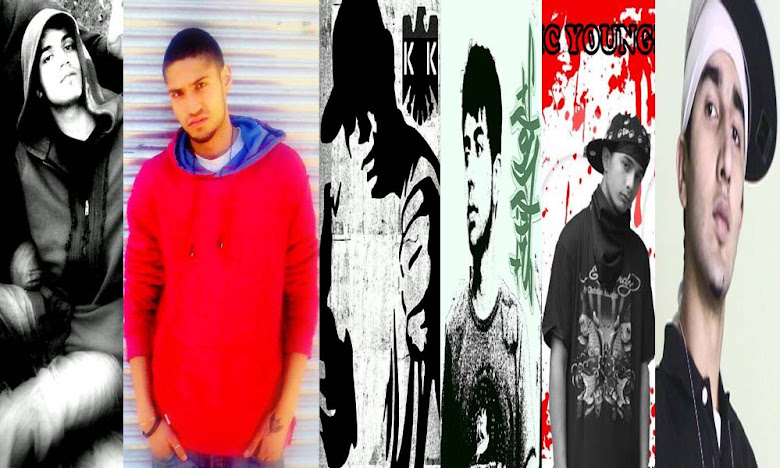It is not unusual that rap and hip-hop find favour with budding musicians of Kashmir. World over, starting from the inner city lanes of New York to the Middle East, these genres of music have been creative tools of resistance. Through popular culture, a critique of perceived discrimination takes place, dissent is voiced and racism and exclusion get challenged. Misrepresentation is also taken to task.
These genres do not exist in isolation but are embedded in and born from the socio-political environment of a society. For many years, youth have taken recourse to these global art forms to engage with and reflect the reality they see around them. A few years ago, this trend took shape in the Kashmir valley, where youngsters tried to articulate what they saw around them through their music.
Soon Renegade, MC Youngblood, The Revolutionary, Mista Shais, M1B, Haze Kay and MC Kash became popular stage names of young Kashmiri men who created music that came straight from the soul of the land and found resonance with the public, not only in the valley but across India. MC Kash or Roushan Illahi is a rapper and emcee who released a song, ‘I Protest' in the Kashmiri unrest of 2010 when hundreds of people were killed in paramilitary action. He has a huge fan following on the social networking sites with thousands of followers on Facebook, Twitter and ReverbNation. His popularity notwithstanding, his studio was raided by the police and henceforth he has been unable to find a place to record his songs. But he continues to sing, sometimes about love also, says Shayan Nabi, his manager.
Haze Kay or Zubair Magray used to perform with Roushan but has become an independent artist since he moved to Pune to pursue further studies. He shot to fame when his song ‘Azadi' uploaded online was forced to be taken down by the police who were not amused by the lyrics.
He makes his own music and releases it through his own production house. His music was labelled anti-government. “I am living and studying in Pune, which is in India, how am I anti-government? As an artist, it is my duty to respond to the reality around me and express it through the art form,” says Zubair.
Other vibrant artists have now stopped making any music whatsoever. If a song has the words protest, stones or Kashmir, the police are quick to swoop down to the studios and threaten the producers to discontinue the recording. They are instead offered free promotion if they choose to sing about love and police-people harmony. A number of artists have stopped making music altogether due to the constant threats.
Only those artists, who either have some influence or sing about non-political subjects are able to survive in Kashmir today. A healthy non-violent mode of resistance guaranteed in any free society is thus being stifled even before it can take complete shape.
by the Hindu national(divya trivedi )

